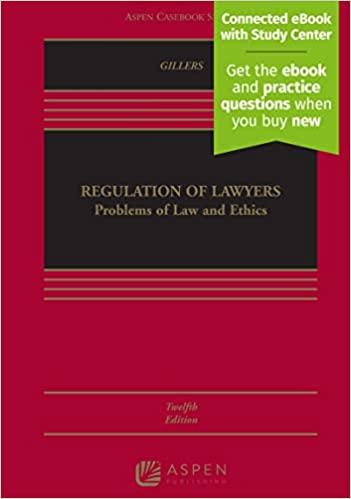Assume that you have graduated successfully with a degree in law and have also acquired a specialist diploma in company law. Three of your friends from school, Jacob, Sarah and Liam who have no background in law have reconnected with you recently and they are planning to start a business together in Dublin. They want advise from you on various matters concerning their proposed business and you have agreed to help them.
Very shortly after this discussion about directorships takes place, Liam has learnt that his daughter has been offered a place in a prestigious medical school in Hong Kong and he wants to go with her while she trains as a doctor. He is unlikely therefore to be able to work full-time and in situ in the business, but he still wants to involve himself in guiding its affairs, albeit on an advisory, part-time basis, from Hong Kong where he plans to engage in other activities which will keep him slightly. but not very, busy. Liam is not averse to having his name appear on company documentation, and certainly not keen to exercise any power or influence without being identified in public as being closely associated with the company. Advise Liam about what options might be open to him in such a situation in relation to the company in Dublin. [10 marks] Jacob, Sarah and Liam are also planning to appoint a company secretary who will keep them right on governance matters and provide certain other legal services. They only have a sketchy idea of what the company secretary's role and responsibilities are, and they want you to provide them with further information on the subject in the form of a brief note. Draft this note. [15 marks] The business begins in earnest and shows a lot of promise. The directors believe that there is considerable room for expansion, and they are toying with the idea of inviting an infusion of capital from the general public. They realise that a reasonable way of doing this would be to issue shares on a large scale but they have been told that to do so would require a fundamental change of their business structure/form. They ask you for what that change would involve in legal terms and how it can be effected. Advise them. [10 marks] The company, in its reconstituted form, has a successful run for a few years and it was able to issue significant dividends to its shareholders. In one year, however, the dividend declared was considerably less than in previous years, and the reason for this was that the company had suffered a huge loss after being embroiled in a lawsuit which went against it. There were allegations that the reason for the defeat in the lawsuit was negligent advice given to the company by its solicitors, but no action was taken against the solicitors by the company. Roger, who held a large number of shares, has announced his intention to sue the solicitors himself for the loss that he has suffered by virtue of a diminution in the value of his investment in the company, but he has heard that the normal expectation in such circumstances would be for the company, and not individual shareholders, to sue the solicitors. Is he likely to succeed? If yes, why; if not, why not? [10 marks] Finally, the company has been approached with a lucrative business deal by an overseas entity. Attractive though the deal is, the directors have heard that there are risks in doing business abroad and they want to protect the company from any possible involvement, or even allegations of involvement, in corruption. Prepare a brief note explaining the relevant Irish laws which the company should be particularly aware of in this area. [10 marks] [SEE NOTES BELOW]







